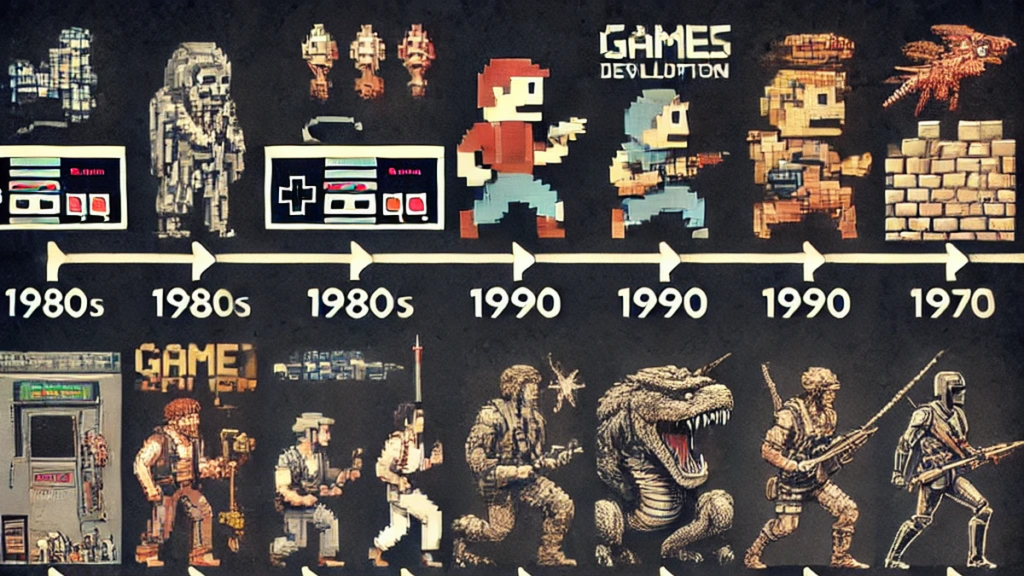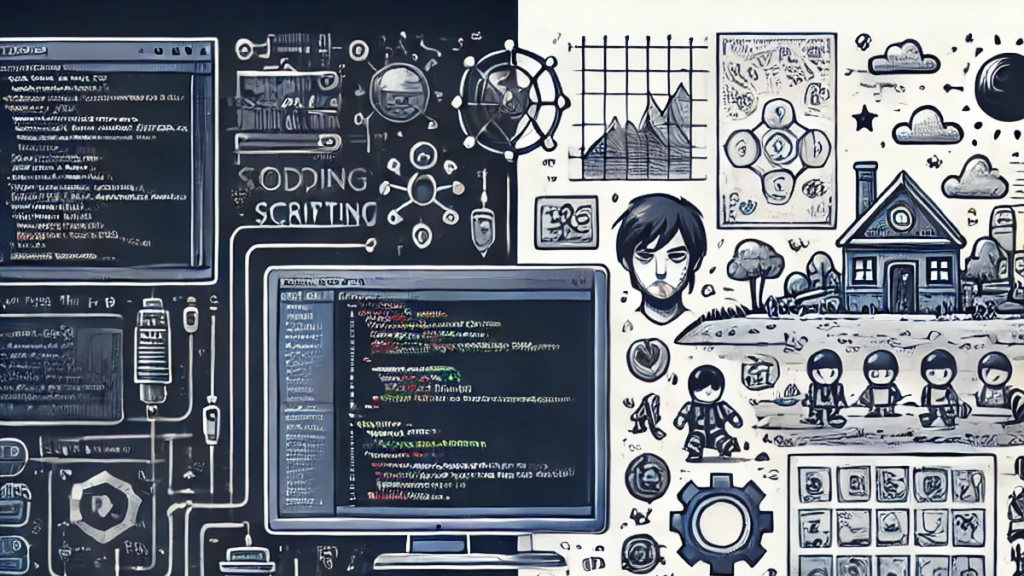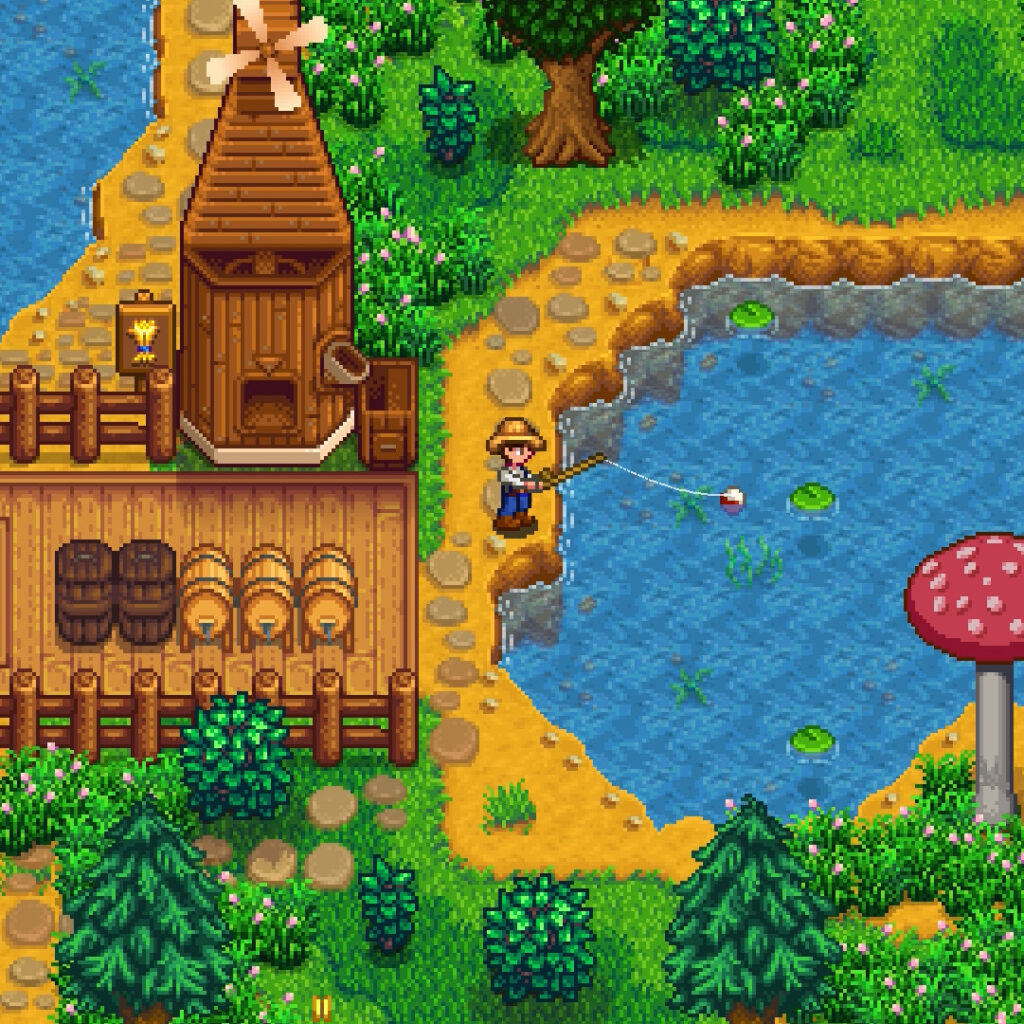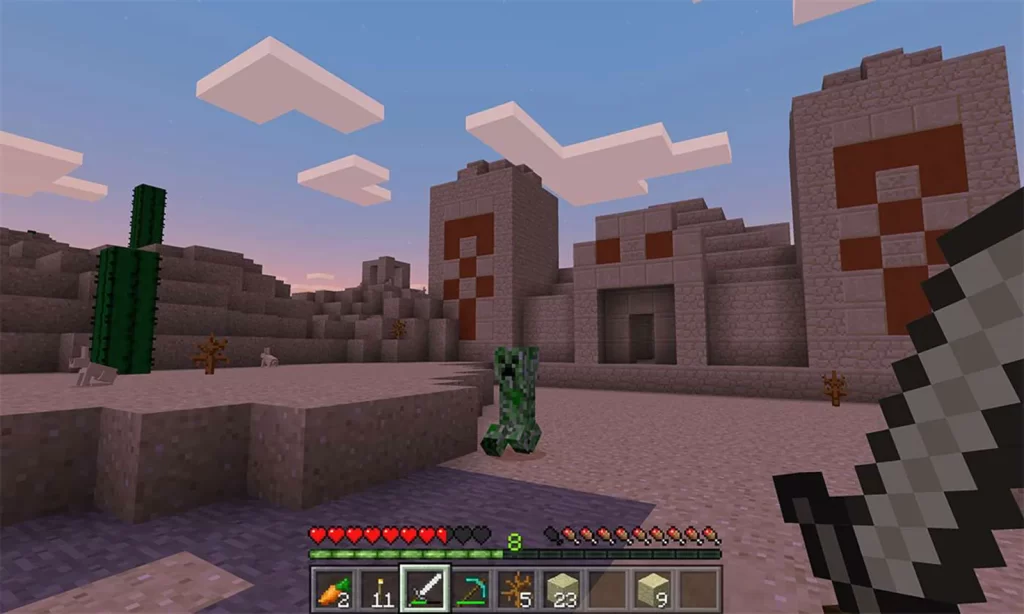The world of video games is a vibrant tapestry woven from countless stories, immersive worlds, and thrilling gameplay mechanics. But behind every captivating experience lies the tireless work of developers. Here’s the question that ignites curiosity: Can a single person develop a game and bring their vision to life?
First of all, yes. But there’s a catch – the answer, like many things in game development, isn’t so simple, albeit possible. It depends on a multitude of factors, including the complexity of your dream game, your skillset, and your determination.
To read all about the matter, keep up with us today, and be enlightened!
Can a single person develop a game? The allure of solo development
The prospect of developing a game solo holds a unique appeal for many aspiring creators. It offers complete creative control, allowing you to craft the game exactly as you envision it. You’re the architect, the engineer, the artist, and the storyteller, shaping every facet of the player’s journey. Solo development fosters a sense of ownership and accomplishment unlike any other.

Challenges and considerations
However, the path of the solo developer is paved with challenges. Can a single person develop a game as intricate and expansive as a AAA title? Probably not, at least not within a reasonable timeframe. Developing a massive open-world RPG solo is a Herculean task requiring a vast knowledge base encompassing programming, art design, sound engineering, level design, and narrative writing.
The power of scope management
So, can a single person develop a game successfully? The cornerstone of successful solo game development lies in the meticulous practice of scope management. Can a single person develop a game that is both ambitious and achievable? The answer often hinges on how well you define and manage your project’s scope.
It’s tempting to dream big and envision a vast, open-world RPG teeming with life and complexity. However, reality dictates that solo developers must often make difficult choices. The key is to identify a core concept or mechanic that excites you and build upon it.
Genre and gameplay:
The genre you choose significantly impacts the scope of your project. A puzzle game with minimalist visuals might be more manageable for a solo developer than a complex RPG with intricate storylines and multiple character arcs. Even within a genre, the gameplay mechanics can vary widely in complexity. Consider the difference between a simple arcade shooter and a tactical strategy game.

Art and design:
Your artistic vision plays a crucial role in determining your workload – a highly stylized or pixel art aesthetic can often be achieved with fewer resources than a photorealistic style. Similarly, leveraging pre-existing assets, such as character models or sound effects, can streamline the development process. However, creating original art can be a time-consuming endeavor that requires careful planning.
Time and resources:
Perhaps the most critical factor in scope management is time. How much time can you realistically dedicate to development? Are you working on the game full-time or part-time? Be honest with yourself about your available hours and adjust your expectations accordingly.
Additionally, consider the resources at your disposal. Do you have access to powerful hardware for development and testing? Are you financially able to invest in the necessary tools and software? These factors can influence the complexity of your project.
Iterative development and flexibility:
Scope management isn’t a one-time decision. It’s an ongoing process that requires flexibility. As development progresses, you may discover that certain features are more challenging to implement than anticipated or that your initial vision needs refinement. Be prepared to adapt and adjust your scope as needed.

By carefully considering these factors and making informed decisions, you can create a game that is both satisfying to develop and enjoyable to play. Remember, it’s often better to deliver a polished, focused experience than to attempt a sprawling project that never sees the light of day.
Embracing the solo dev mindset
A single person can develop a game and conquer the challenges of solo development under some strict circumstances. Here are some essential skills and tools to have in your arsenal:
- Programming: Proficiency in a game development engine – like Unity or Unreal Engine – is crucial, for obvious reasons. While some engines offer visual scripting options, understanding basic coding principles will unlock greater creative freedom.
- Art and Design: Having a fundamental understanding of visual design principles will enhance your game’s aesthetics. Even if you don’t create all the artwork yourself, being able to manipulate assets and design cohesive levels is essential.
- Time Management: As a solo developer, you wear many hats. Develop a strong work ethic and prioritize tasks effectively.
- Resourcefulness: Leverage pre-made assets, free tools, and online communities to bridge skill gaps and accelerate development.

Learning from the success stories
While Stardew Valley and Undertale are shining examples of solo-developed games achieving critical acclaim and commercial success, they are far from the only ones. The gaming landscape is replete with stories of individuals who defied expectations and created groundbreaking titles entirely on their own.
Take Notch, for instance, who single-handedly developed Minecraft, a game that transcended the gaming world to become a cultural phenomenon. His minimalist yet endlessly engaging concept captured the imagination of millions and has had a profound impact on the industry.
Another remarkable example is Jonathan Blow, the creator of Braid. This indie darling redefined puzzle platformers with its innovative time manipulation mechanic and thought-provoking narrative. Blow’s meticulous attention to detail and artistic vision resulted in a game that garnered critical praise and a dedicated fanbase.
These are just a few of the many inspiring stories of solo developers who have left an indelible mark on the gaming industry. Their achievements serve as a testament to the power of individual creativity and the potential for solo-developed games to resonate with players on a deep level.
Key takeaways for solo developers
So, can a single person develop a game? The answer is a resounding yes, with a caveat: scope management is key. By tailoring your game’s complexity to your skillset and available time, you set yourself on a path to success. Embrace the challenges, hone your skills, and leverage the resources available to solo developers. With dedication and a touch of ingenuity, your dream game can become a reality.

Main Leaf – empowering solo developers
At Main Leaf, we understand the unique needs of solo developers. A single person can develop a game and navigate the complexities of the publishing process with some thought, passion, and care – but to aid them, we offer services specifically tailored to assist solo developers in bringing their vision to life.
From technical support to marketing guidance, we can help you overcome hurdles and ensure your game reaches its full potential. So contact us today to begin planning your next project with passionate professionals who certainly will assure you that you’re not alone at all. Count on us!
We’ll respond within 24 hours at most!

